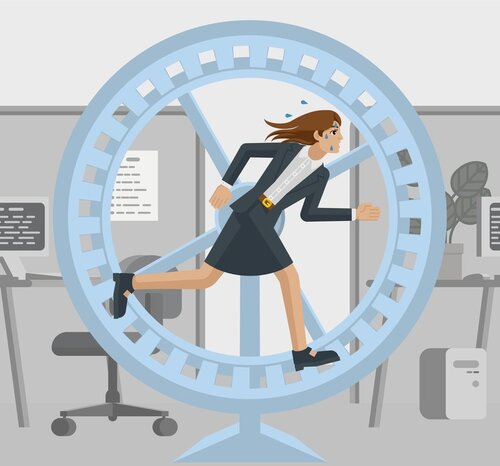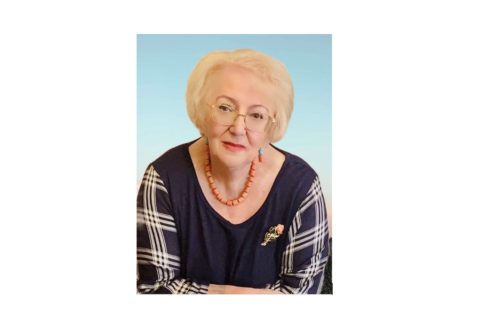Which Questions Am I Asking Myself?

Which Questions Am I Asking Myself?
As clinicians, we’ve learned over and over and over that our beliefs determine our values, and attitude, which determines our perception, which in turn determines what type of meaning we assign to something. The presence and type of meaning, in turn, determines whether or not we choose to focus on it, and how we focus on it, which then determines the associated thoughts, influencing, sequentially, our feelings.
These feelings, in turn, influence our behaviors, leading to our habits, which ultimately reveal themselves as the result we obtain. These results, of course, loop back into our belief systems and reinforce them and the cycle starts all over again. The cycle continues, and never stops, and never changes, unless, of course, we put a halt to it, consciously…
Let’s think for a moment, about that thing in our life that persists; that we’ve been wanting to make a change to, and that despite our wish for it to be different, it is just not. Maybe it’s something related to our health, love life, money, career, children, whatever it is, we all have one. This is an example of how crucial our belief-behavior pathway is when it comes to habit formation. Now, let’s find out how we can manage this.
The very first step to put a halt to the belief-result cycle, that just continues in its status quo, is through the process of inquiry. If we consider our brain to be Siri, we will know that Siri does not fail to answer to any of our questions asked of her (or him). Well, if you’re saying to yourself right now, “our brain is much more complex than Siri, or than a smartphone, or than a computer,” you would be correct. Computers, however, are modeled after our brains. If Siri knows the answers to our question, we can then imagine how our brain would not only know the answers but would also help direct us towards the application of those answers.
inquiry. If we consider our brain to be Siri, we will know that Siri does not fail to answer to any of our questions asked of her (or him). Well, if you’re saying to yourself right now, “our brain is much more complex than Siri, or than a smartphone, or than a computer,” you would be correct. Computers, however, are modeled after our brains. If Siri knows the answers to our question, we can then imagine how our brain would not only know the answers but would also help direct us towards the application of those answers.
This is why the process of inquiry can be so powerful and can be the first step to put a halt to the belief-result cycle. As we ask a question, the next question comes, as the next question is answered, the first insight is formed, which leads to the next one, and the next one, and the next one.
But there are some caveats:
-
The types of questions asked determine the types of answers we obtain (Similar to Siri, if we don’t ask a well-formed question, we will not get a helpful answer)
-
The types of answers we obtain determine the types of insight we get
-
The type of insight we get determines our ability to effect change in our cycle or not
Where does that leave us all? It leaves us with the following 5 Steps:
-
We take a look at the types of questions we ask ourselves regularly, more often than not, usually, always, or
 every day. That, we call our Questions Log
every day. That, we call our Questions Log -
We take a look at this list of questions; our Questions Log, and take them through the Empowering Test. This is a simple test where we simply look at each question and ask: “Is this an empowering question?” Here’s an example, “Why do I always get this wrong?” Would this be an empowering question or not?
-
If a question does not pass the Empowering Test, it stays on the Questions Log; while any question that passes the Empowering Test will find itself on a new list. And that new list, we call, Empowering Questions Inventory – A list of questions that empower us when we ask them
-
To that list of Empowering Questions Inventory, we think of additional empowering questions for the list and we then add them
-
The next time we find ourselves asking a question, stop and think: Would this question belong to my old Questions Log, or to my new Empowering Questions Inventory?
Here you go. 5 Steps for us to ask more empowering questions. As we continue this process, we will build the muscles required to quickly identify questions that are or that are not empowering. We will know what to do with them, and then how to focus our attention on the answers we get. The next time we pose our next question, what type of action will we end up taking? Please share with us, and be on the lookout for an article that will address additional items on this crucial topic.
With love,
Karen and Mardoche








